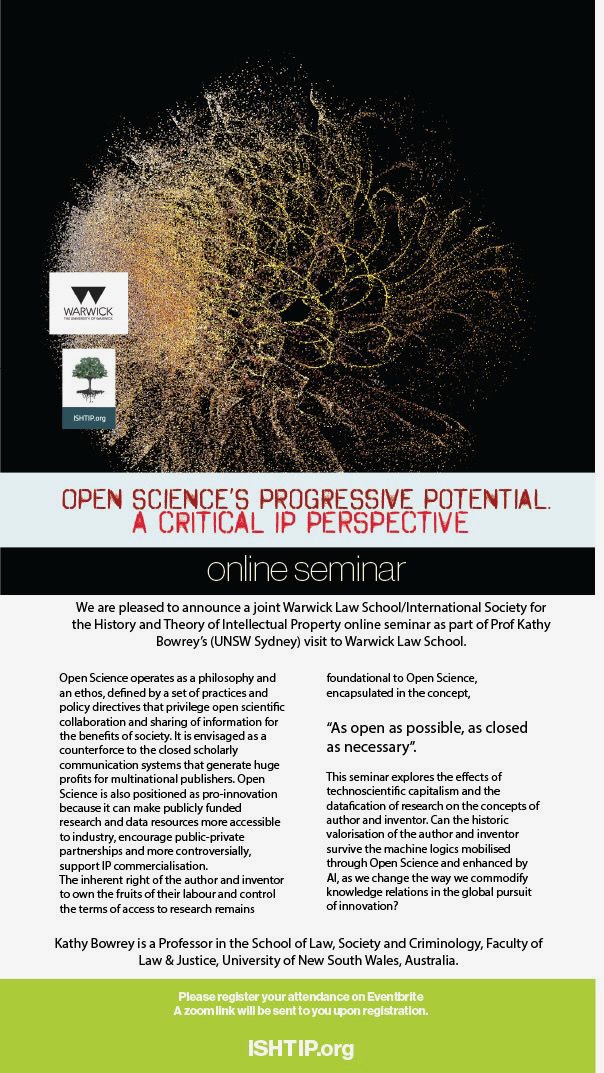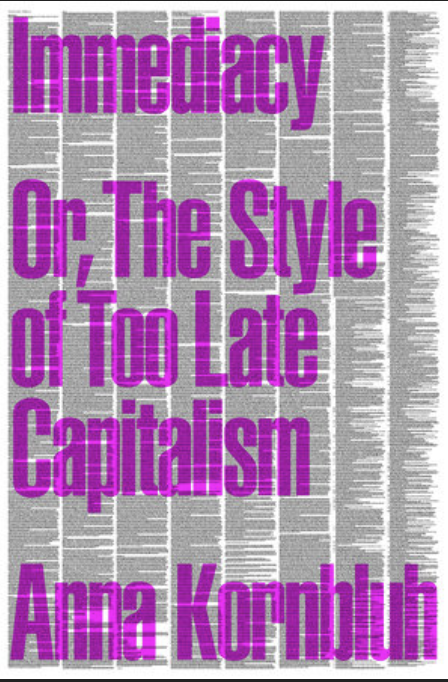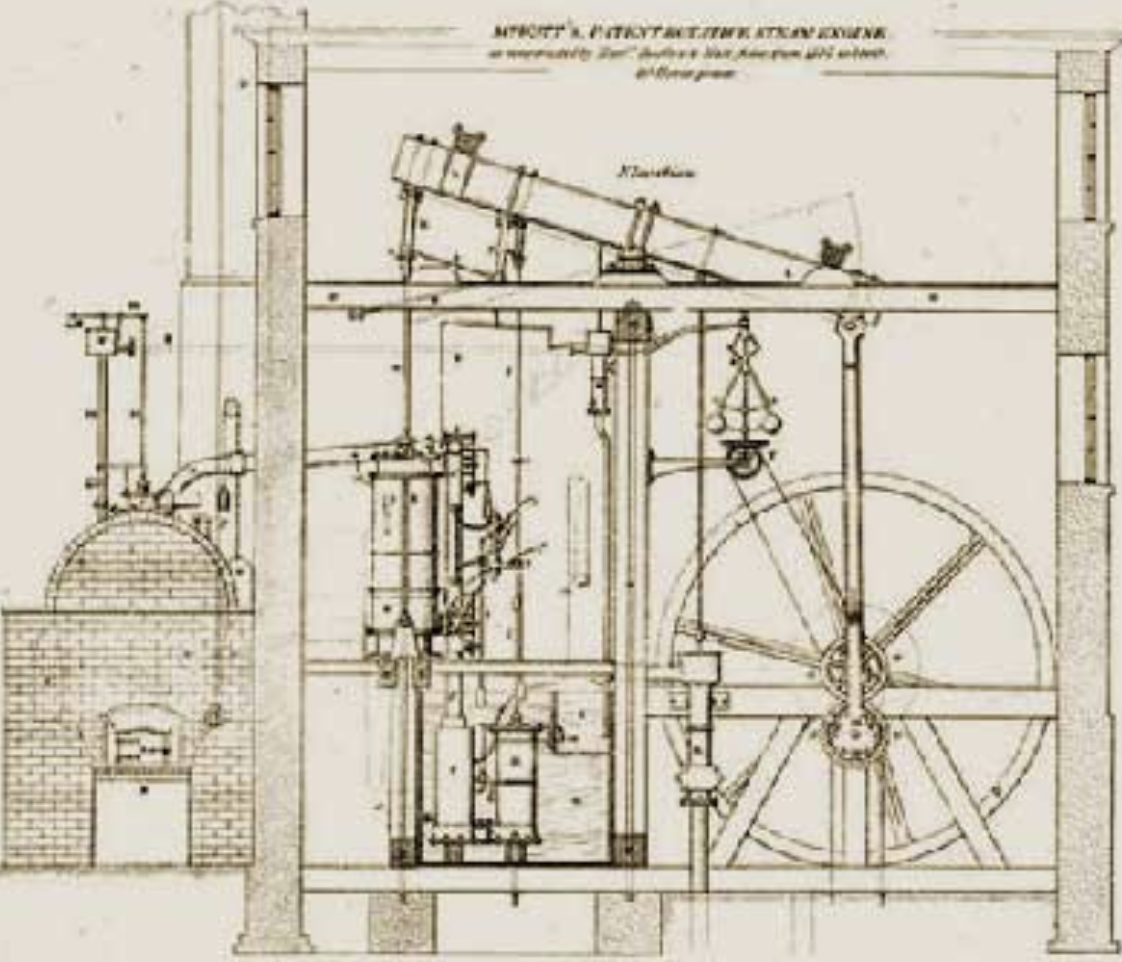Marc Perlman,
“Should There Be Property Rights in Folklore? Surveying the Intellectual Landscape of the Debate”
Along with the drive to expand intellectual property rights, a movement is underway to propertize traditional culture (folklore). Both initiatives have provoked counter-arguments. But while criticism of the extension of IP rights has been forcefully articulated, opposition to the propertization of folklore has been comparatively scattered and unfocussed.
In this paper I map the intellectual terrain of the dispute over the ownership of folklore. The opposition takes several forms in various contexts (informal, legal, diplomatic, political, academic). Many legal laypersons reject the idea on a near-visceral level. IP attorneys often see it as incompatible with the principles of copyright. Some anthropologists and legal scholars decry it as hypostatizing the concepts of ‘culture’ or ‘community.’ Diplomats of certain developed nations argue against it as inimical to the principle of freedom of expression. Some industry representatives find it incompatible with their business interests. And even some members of indigenous communities—usually supporters of propertization—see exclusive rights over traditional culture as dangerous.
An adequate cartography of these disparate vectors of protest would have to map passions and interests as well as reasons, locating all in a multidimensional social space. As an initial step toward such a comprehensive visualization, I inventory the arguments that have been given for and against propertizing traditional culture, locating them within their intellectual (rather than social) contexts. The result will be a finding aid to the debate, a display of the many proposals and objections that have been advanced in what has so far been a very diffuse controversy.






